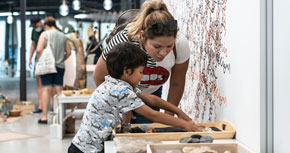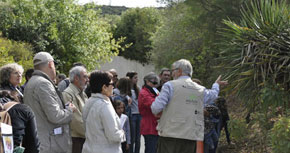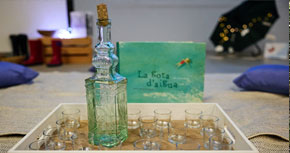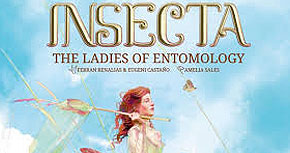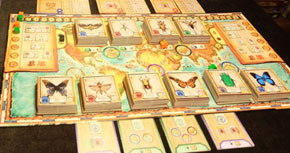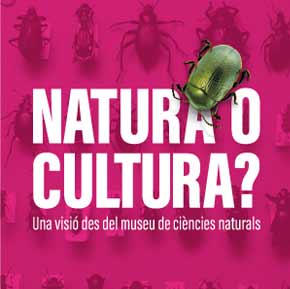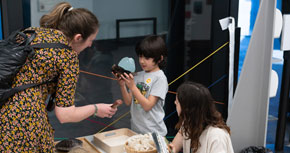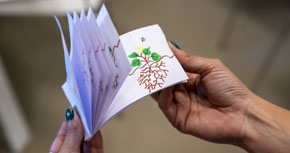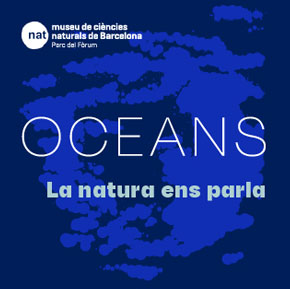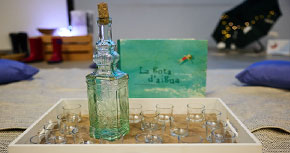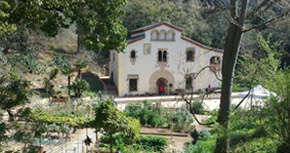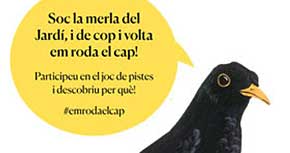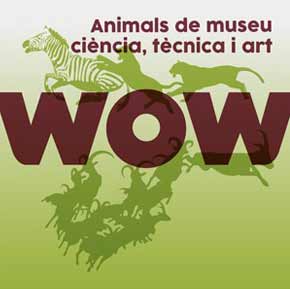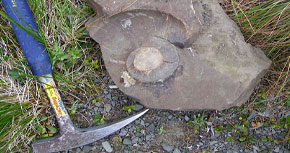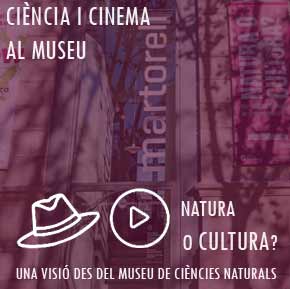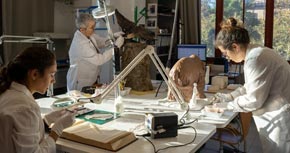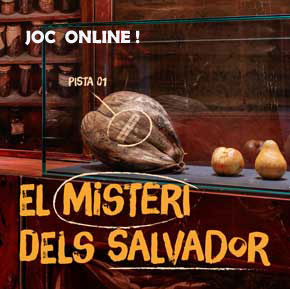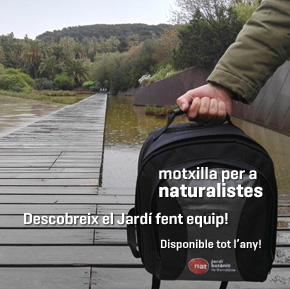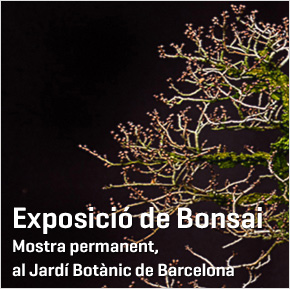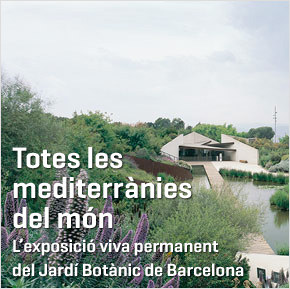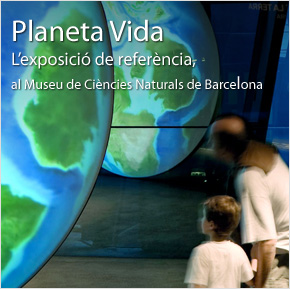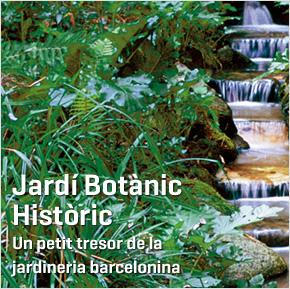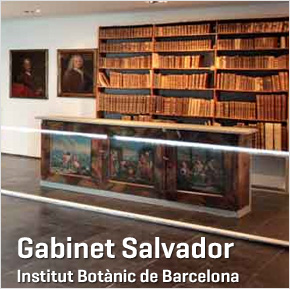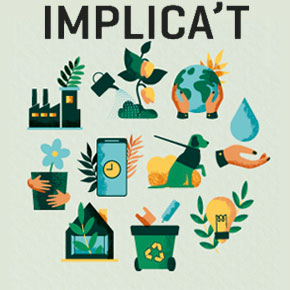Títol del seminari: Sex-chrom: everything you always wanted to know about (plant) sex (chromosomes) but were afraid to ask
Resum: Evolution of dioecious species and sex chromosomes is an exciting field of science. Only approximately 6% of all flowering plant species are dioecious – existing in separate female and male forms. Can plants actually help us understand what stood behind the evolution of sex in humans? Many model plant species, such as Silene latifolia, Rumex acetosa or Carica papaya, among others, are being investigated for understanding these events because they have developed their sex chromosomes much more recently than mammals. In these young sex chromosomes we can track the evolutionary pathways which probably took part in the past in processes such as the degeneration of the human Y chromosome. Would it be possible that one day males disappear due to the complete loss of Y chromosome? Questions like these could be approached by the deep understanding of plant sex chromosomes. In our database, soon available online, we bring together valuable results obtained from science groups worldwide on plant sex chromosomes, recording their types, presence of transposable elements, other repetitive DNAs, relevant genes and more useful data. Its main purpose is to serve as a source of useful information for scientists interested in this field, so they can easily step forward with their research for understanding this amazing phenomenon of life. It also aims to be a resource of science dissemination, in which the different types of plant sex chromosomes and their links with sex in animals, including humans, are explained in a easily understandable way.
Ponent: Simona Baránková, Institute of Biophysics. Academy of Sciences of the Czech Republique. Brno, Czech Republic.
Idioma: anglès
Lloc: Sala Salvador, de l’IBB
Passeig del Migdia, s/n (cantonada amb c/ Can Valero), parc de Montjuïc
Bus: 150, des de plaça Espanya
Geolocalització: -41º21’43.55’’ N, 02º09’38.64’’ E

Organitza: IBB



